DMK’s Politics of Polarisation and Appeasement in Tamil Nadu: A Dangerous Drift
06 Oct 2025 17:03:04
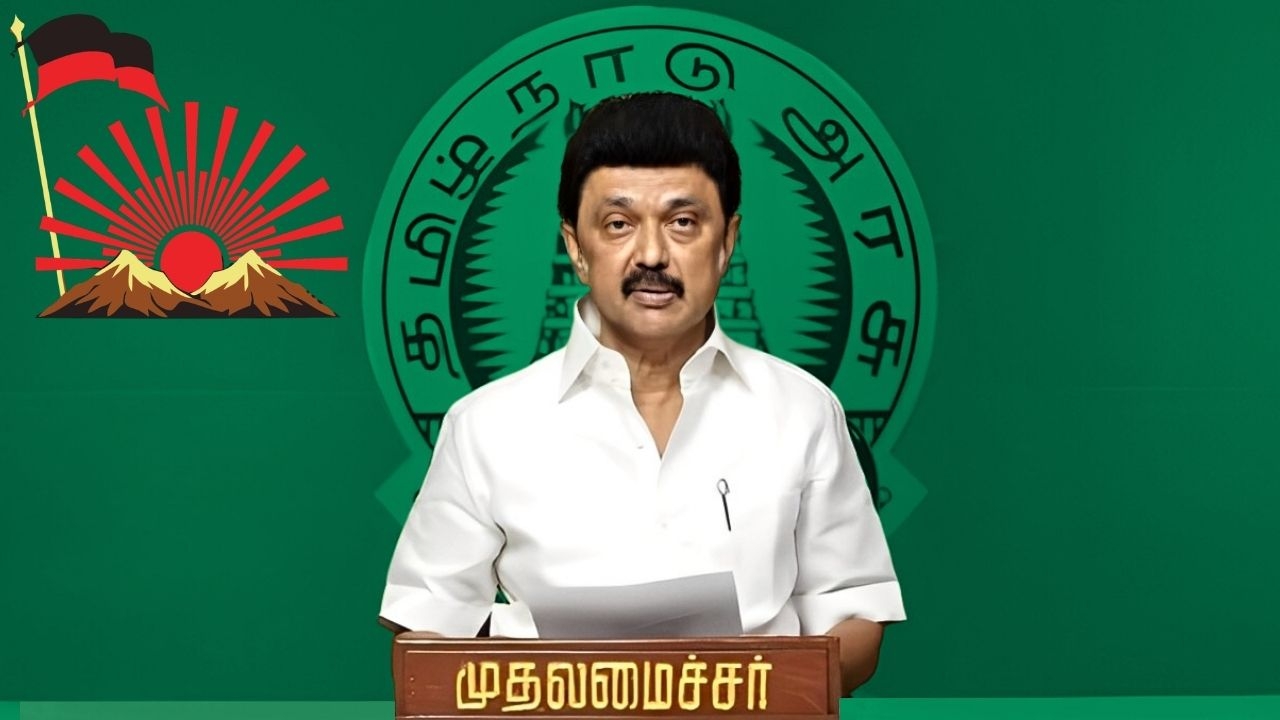
The Dravida Munnetra Kazhagam (DMK) continues to escalate its rhetoric and actions in Tamil Nadu, crafting and cultivating policies under the guise of protecting, uplifting, and supporting the Muslim community. However, such calculated appeasement by the DMK poses a serious threat to the state’s cultural fabric and its centuries-old traditions rooted in Tamil heritage.
Led by Chief Minister M.K. Stalin, the DMK has intensified its outreach to Muslims in the state, targeting social and political spaces by introducing policies framed as welfare measures. The party’s actions and statements repeatedly demonstrate its opposition to the Citizenship Amendment Act (CAA), the Triple Talaq law, and certain provisions of the Waqf Amendment. Additionally, the DMK has reaffirmed its commitment to Muslim interests by including Islamic studies content in the school syllabus and recalling earlier initiatives such as the establishment of the Minority Welfare Board and the introduction of internal reservations for Backward Class Muslims.
Promises Made at Iftar Parties
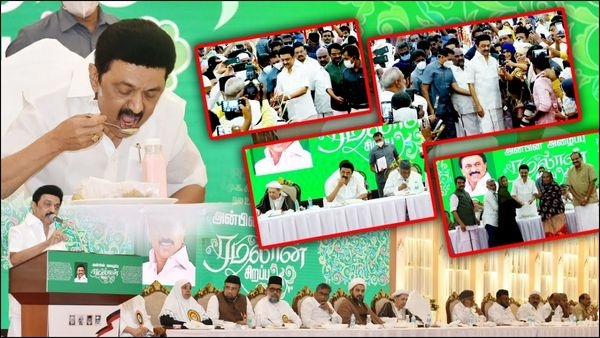
At an Iftar party held earlier this year, Chief Minister M.K. Stalin stated that the DMK would always protect the political rights of Muslims. “Whenever there has been a political threat to the Muslim community, the DMK has acted to safeguard their interests,” Stalin declared. His statement was part of a wider campaign by his government to project itself as the protector of Muslim interests on sensitive national issues, including the CAA, Triple Talaq, and concerns regarding Waqf properties.
Prophet Muhammad in School Syllabus: Stalin’s Step Towards Appeasement
The Chief Minister’s recent announcement that the teachings of Prophet Muhammad would be included in the state’s school syllabus has raised widespread concern. Critics see this as yet another act of appeasement by the DMK and a dangerous precedent for Tamil Nadu’s education system. Introducing religious teachings into a secular curriculum threatens to undermine the principles of neutrality, civic responsibility, and scientific inquiry that schools are meant to uphold.
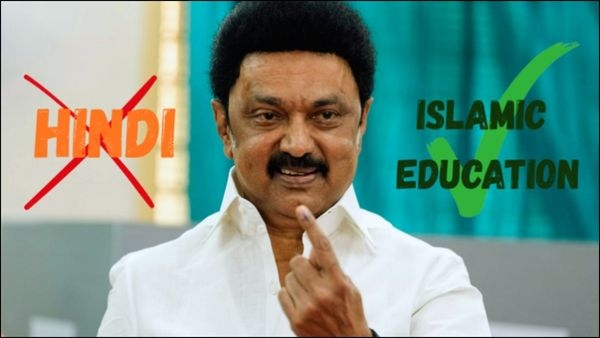
By selectively inserting Islamic teachings, the DMK risks transforming education into a political instrument. Such measures could lead to ideological indoctrination and expose children to narrow worldviews, resembling madrasa-style teaching rather than a broad-based education that promotes critical thinking.
Controversial Renaming of Roads
A further controversy arose when the DMK government renamed Waddell’s Road in Chennai’s Kilpauk area to “Archbishop Ezra Sargunam Road.” The decision by the Greater Chennai Corporation sparked strong reactions from Hindu organisations, as Sargunam, a well-known figure in Christian circles and a supporter of the Dravidian movement, had made several derogatory remarks about Hinduism, calling it a “fake concept.” Naming a road after such a divisive figure was viewed as a deliberate provocation and another example of DMK’s disregard for Hindu sentiments.
The Political Calculus Behind Appeasement
The DMK’s approach must be viewed in the context of electoral politics. Muslims form around six percent of Tamil Nadu’s population, small in number but significant in closely contested elections. Political observers suggest that Stalin’s government is attempting to consolidate this vote bank by offering targeted privileges and symbolic gestures.
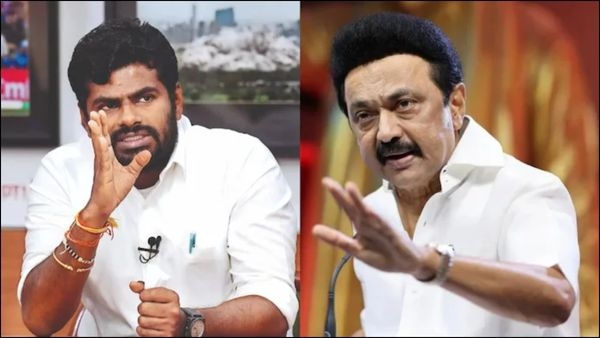
A case in point was the DMK’s protest against the Waqf (Amendment) Bill, where party legislators staged demonstrations wearing black badges. Stalin also announced his intent to challenge the law in the Supreme Court. BJP state president K. Annamalai dismissed these actions as “predictable drama” designed to win Muslim votes.
In another contentious move, the Viduthalai Chiruthaigal Katchi (VCK), an ally of the DMK, demanded the release of “Muslim prisoners,” particularly long-term inmates. This selective appeal fuelled allegations that the DMK’s governance has become increasingly biased in favour of one community, further deepening divisions within Tamil Nadu’s social fabric.
The DMK’s continued pursuit of such appeasement-based politics risks eroding Tamil Nadu’s secular traditions and undermines the inclusive spirit that has long defined the state’s identity.
Article by
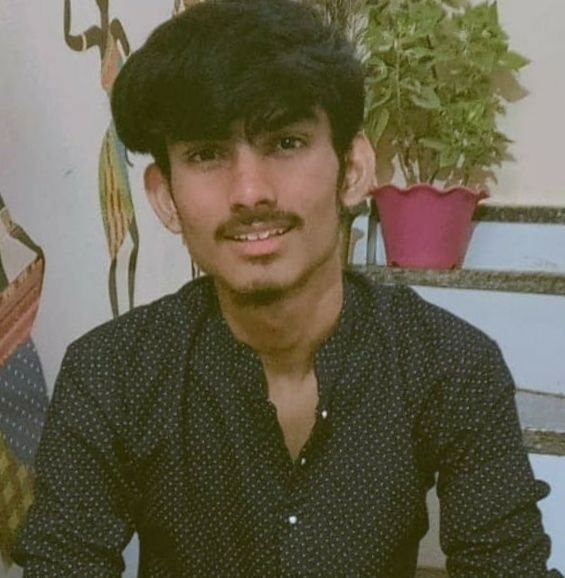
Kewali Kabir Jain
Journalism Student, Makhanlal Chaturvedi National University of Journalism and Communication